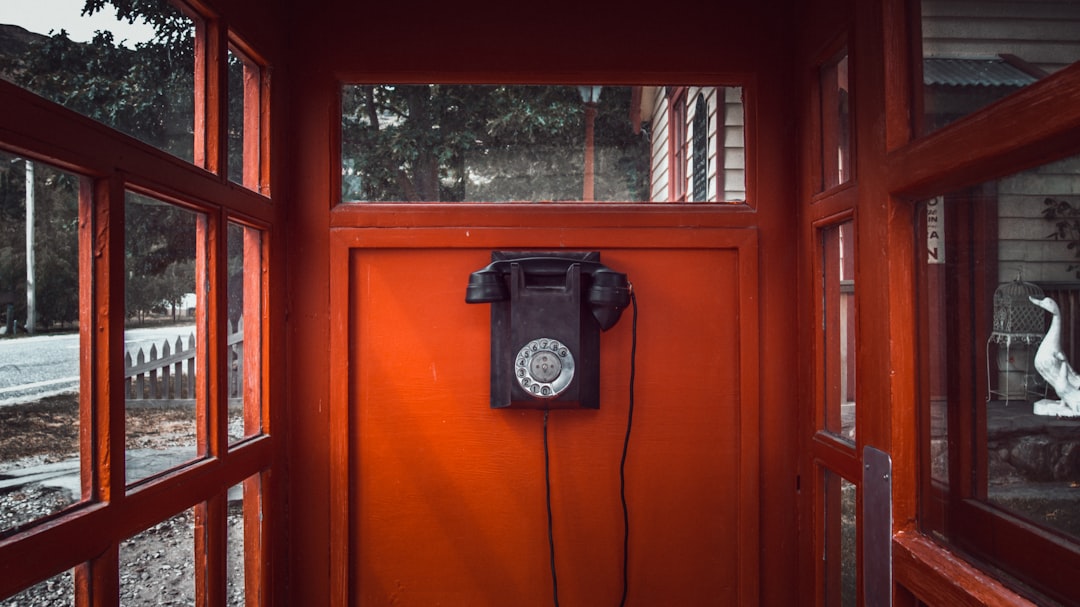Robocalls have reached epidemic levels in New Jersey, with residents often targeted by telemarketers and scammers. Despite laws like the TCPA, unwanted calls significantly impact quality of life. Solutions include using top-rated apps like CallGuard, TrueCall, and Hiya, which employ machine learning to block spam. These apps offer customizable settings for better protection against scams. For persistent issues, consulting a robocall lawyer in New Jersey is advisable to understand rights and potential legal actions.
Tired of incessant robocalls plaguing your peace? New Jersey residents face a rising tide of automated spam calls, but help is at hand. This comprehensive guide unravels the impact of robocalls in NJ and explores legal rights. We review top-rated apps to block these unwanted intrusions, empowering you with effective solutions. Discover how to implement the best app for your needs through our step-by-step process, securing your communication channels from prying algorithms. Seek advice from a robocall Lawyer New Jersey to reinforce your defenses.
Understanding Robocalls and Their Impact in New Jersey
Robocalls have become a significant nuisance and legal issue in New Jersey, with many residents receiving unsolicited automated calls from telemarketers and scammers. These robocalls often carry malicious intent, attempting to trick or manipulate recipients into providing personal information or making purchases. In some cases, they may even pose as legal entities, such as robocall Lawyer New Jersey, to mislead individuals. The sheer volume of these unwanted calls can be overwhelming, leading to a detrimental impact on the quality of life for many New Jerseyans.
New Jersey has implemented regulations to combat this growing problem, empowering residents with tools and resources to protect themselves from robocalls. Understanding the source and nature of these calls is essential in navigating the available options effectively. By recognizing the tactics employed by scammers and telemarketers, users can make informed decisions when choosing an app or service to block these interruptions.
Legal Aspects: What Every New Jersey Resident Should Know
In New Jersey, as in many states across the country, there are laws in place to protect residents from unwanted and fraudulent robocalls. The Telephone Consumer Protection Act (TCPA) is a federal law that restricts certain practices of telemarketers and provides consumers with legal recourse against spam calls. New Jersey also has its own state laws that complement these federal protections.
If you’ve received spam calls, particularly from robocallers, it’s important to know your rights. A robocall lawyer in New Jersey can help you understand the specific regulations and guide you on how to take action if your rights have been violated. These actions may include filing a complaint with relevant authorities or seeking legal compensation for any financial loss or emotional distress caused by these unwanted calls.
Top App Reviews for Effective Spam Call Blocking
In today’s digital era, robocalls have become a ubiquitous and often annoying aspect of daily life. For those residing in New Jersey, dealing with unwanted spam calls can be particularly challenging. Fortunately, numerous apps have emerged to combat this growing issue. According to top app reviews, some of the most effective solutions for blocking spam calls include CallGuard, TrueCall, and Hiya. These applications leverage advanced machine learning algorithms to identify and block robocalls before they reach your phone.
Users often praise these apps for their intuitive interfaces, customizable settings, and high success rates in filtering out unwanted calls, especially from robocall lawyers New Jersey. By analyzing call patterns and numbers, these tools not only protect against spam but also help users stay safe from potential scams and fraudsters. Whether you’re dealing with persistent telemarketers or dubious legal notifications, these top-rated apps offer a robust shield against intrusive phone calls.
Implementing the Best Solution: A Step-by-Step Guide
Implementing the best solution for blocking spam calls starts with identifying reliable apps designed to tackle this issue head-on. In New Jersey, where robocalls can be particularly prevalent, choosing an app that offers robust features is key. Look for tools that filter calls based on numbers in a global database, allowing you to block known spammer ranges automatically.
A step-by-step guide involves downloading and installing the chosen app, configuring privacy settings to enable call blocking, and customizing preferences if available. Regularly updating the app ensures access to the latest spammer databases. Additionally, staying informed about new robocall tactics can help you fine-tune your app’s settings for maximum effectiveness against these pesky intrusions.






